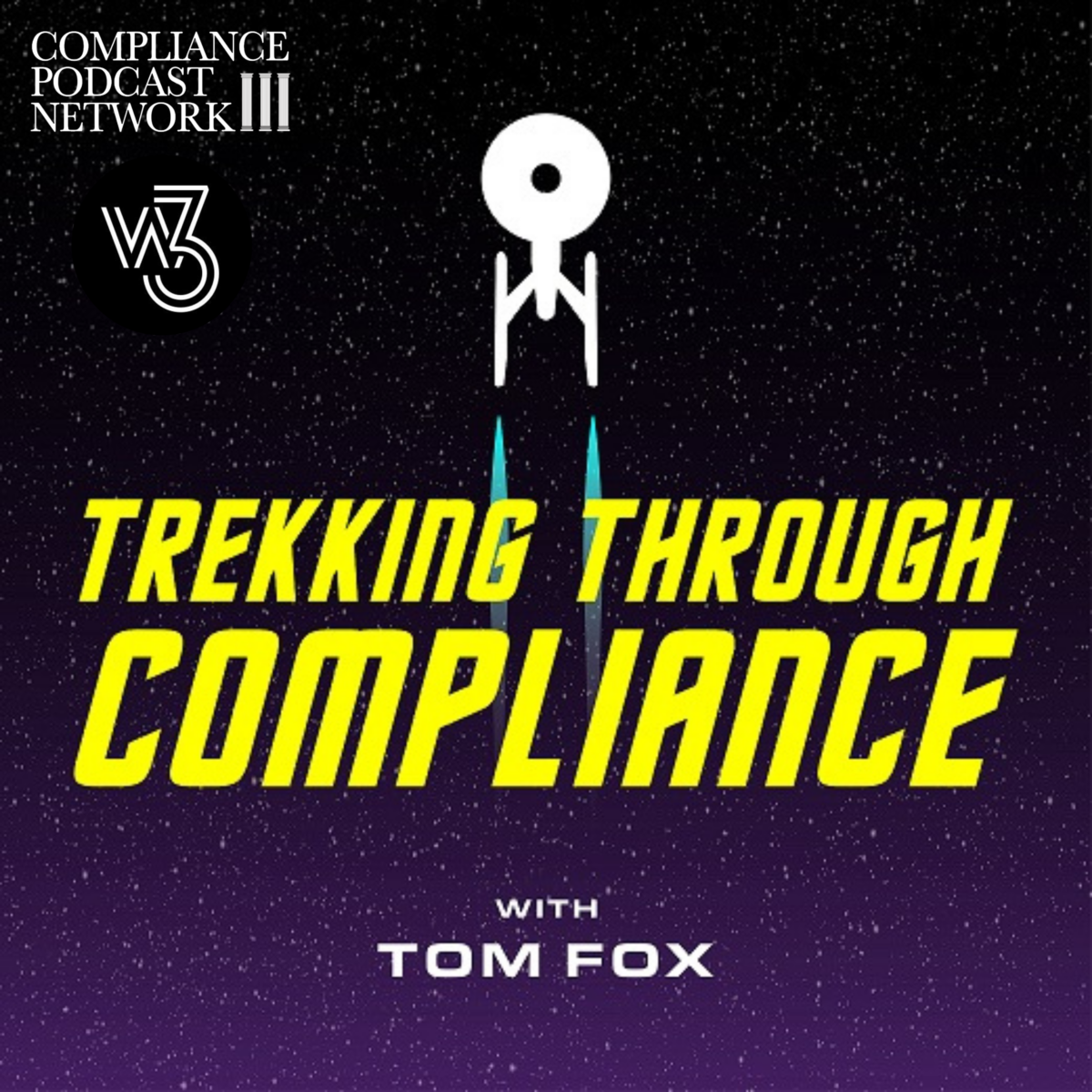As artificial intelligence (AI) becomes increasingly integrated into business operations and decision-making, ensuring the fairness and lack of bias in these AI systems is paramount. This is especially critical for companies operating in highly regulated industries, where prejudice and discrimination can lead to significant legal, financial, and reputational consequences. Implementing AI responsibly requires a multifaceted approach beyond simply training the models on large datasets. Companies must proactively address the potential for bias at every stage of the AI lifecycle – from data collection and model development to deployment and ongoing monitoring.
Based upon what the Department of Justice said in the 2020 Evaluation of Corporate Compliance Programs, a corporate compliance function is the keeper of both Institutional Justice and Institutional Fairness in every organization. This will require compliance to be at your organization’s forefront of ensuring your AI-based decisions are fair and unbiased. What strategies does a Chief Compliance Officer (CCO) or compliance professional employ to help make sure your AI-powered decisions remain fair and unbiased?
The adage GIGO (garbage in, garbage out) applies equally to the data used to train AI models. If the underlying data contains inherent biases or lacks representation of particular demographic groups, the resulting models will inevitably reflect those biases. It would help if you made a concerted effort to collect training data that is diverse, representative, and inclusive. Audit your datasets for potential skews or imbalances and supplement them with additional data sources to address gaps. Regularly review your data collection and curation processes to identify and mitigate biases.
The composition of your AI development teams can also significantly impact the fairness and inclusiveness of the resulting systems. Bring together individuals with diverse backgrounds, experiences, and perspectives to participate in every stage of the AI lifecycle. A multidisciplinary team including domain experts, data scientists, ethicists, and end-users can help surface blind spots, challenge assumptions, and introduce alternative viewpoints. This diversity helps ensure your AI systems are designed with inclusivity and fairness in mind from the outset.
It would help if you employed comprehensive testing for bias, which is essential to identify and address issues before your AI systems are deployed. By Incorporating bias testing procedures into your model development lifecycle and then making iterative adjustments to address any problems identified. There are a variety of techniques and metrics a compliance professional can use to evaluate your models for potential biases:
- Demographic Parity: Measure the differences in outcomes between demographic groups to ensure equal treatment.
- Equal Opportunity: Assess the accurate favorable rates across groups to verify that the model’s ability to identify positive outcomes is balanced.
- Disparate Impact: Calculate the ratio of selection rates for different groups to detect potential discrimination.
- Calibration: Evaluate whether the model’s predicted probabilities align with actual outcomes consistently across groups.
- Counterfactual Fairness: Assess whether the model’s decisions would change if an individual’s protected attributes were altered.
As AI systems become more complex and opaque, transparency and explainability become increasingly important, especially in regulated industries. (Matt Kelly and I discussed this topic on this week’s Compliance into the Weeds.) It would help if you worked to implement explainable AI techniques that provide interpretable insights into how your models arrive at their decisions. By making the decision-making process more visible and understandable, explainable AI can help you identify potential sources of bias, validate the fairness of your models, and ensure compliance with regulatory requirements around algorithmic accountability.
As Jonathan Marks continually reminds us, corporations rise and fall on their government models and how they operate in practice. Compliance professionals must cultivate a strong culture of AI governance within your organization, with clear policies, methods, and oversight mechanisms in place. This should include:
- Executive-level Oversight: Ensure senior leadership is actively involved in setting your AI initiatives’ strategic direction and ethical priorities.
- Cross-functional Governance Teams: Assemble diverse stakeholders, including domain experts, legal/compliance professionals, and community representatives, to provide guidance and decision-making on AI-related matters.
- Auditing and Monitoring: Implement regular, independent audits of your AI systems to assess their ongoing performance, fairness, and compliance. Continuously monitor for any emerging issues or drift from your established standards.
- Accountability Measures: Clearly define roles, responsibilities, and escalation procedures to address problems or concerns and empower teams to take corrective action.
By embedding these governance practices into your organizational DNA, you can foster a sense of shared responsibility and proactively manage the risks associated with AI-powered decision-making. As with all other areas of compliance, maintaining transparency and actively engaging with key stakeholders is essential for building trust and ensuring your AI initiatives align with societal values, your organization’s culture, and overall stakeholder expectations. A CCO and compliance function can do so through a variety of ways:
- Regulatory Bodies: Stay abreast of evolving regulations and industry guidelines and collaborate with policymakers to help shape the frameworks governing the responsible use of AI.
- Stakeholder Representatives: Seek input from diverse community groups, civil rights organizations, and other stakeholders to understand their concerns and incorporate their perspectives into your AI development and deployment processes.
- End-users: Carsten Tams continually reminds us that it is all about the UX. A compliance professional in and around AI should engage with the employees and other groups directly impacted by your AI-powered decisions and incorporate their feedback to improve your systems’ fairness and user experience.
By embracing a spirit of transparency and collaboration, CCOs and compliance professionals will help your company navigate the complex ethical landscape of AI and position your organization as a trusted, responsible leader in your industry. Similar to the management of third parties, ensuring fairness and lack of bias in your AI-powered decisions is an ongoing process, not a one-time event. Your company should dedicate resources to continuously monitor the performance of your AI systems, identify any emerging issues or drift from your established standards, and make timely adjustments as needed. You must regularly review your fairness metrics, solicit feedback from stakeholders, and be prepared to retrain or fine-tune your models to maintain high levels of ethical and unbiased decision-making. Finally, fostering a culture of continuous improvement will help you stay ahead of the curve and demonstrate your commitment to responsible AI.
As AI is increasingly embedded in business operations, the stakes for ensuring fairness and mitigating bias have never been higher. By adopting a comprehensive, multifaceted approach to AI governance, your organization can harness this transformative technology’s power while upholding ethical and unbiased decision-making principles. The path to responsible AI may be complex, but the benefits – trust, compliance, and long-term sustainability – are worth the effort.











